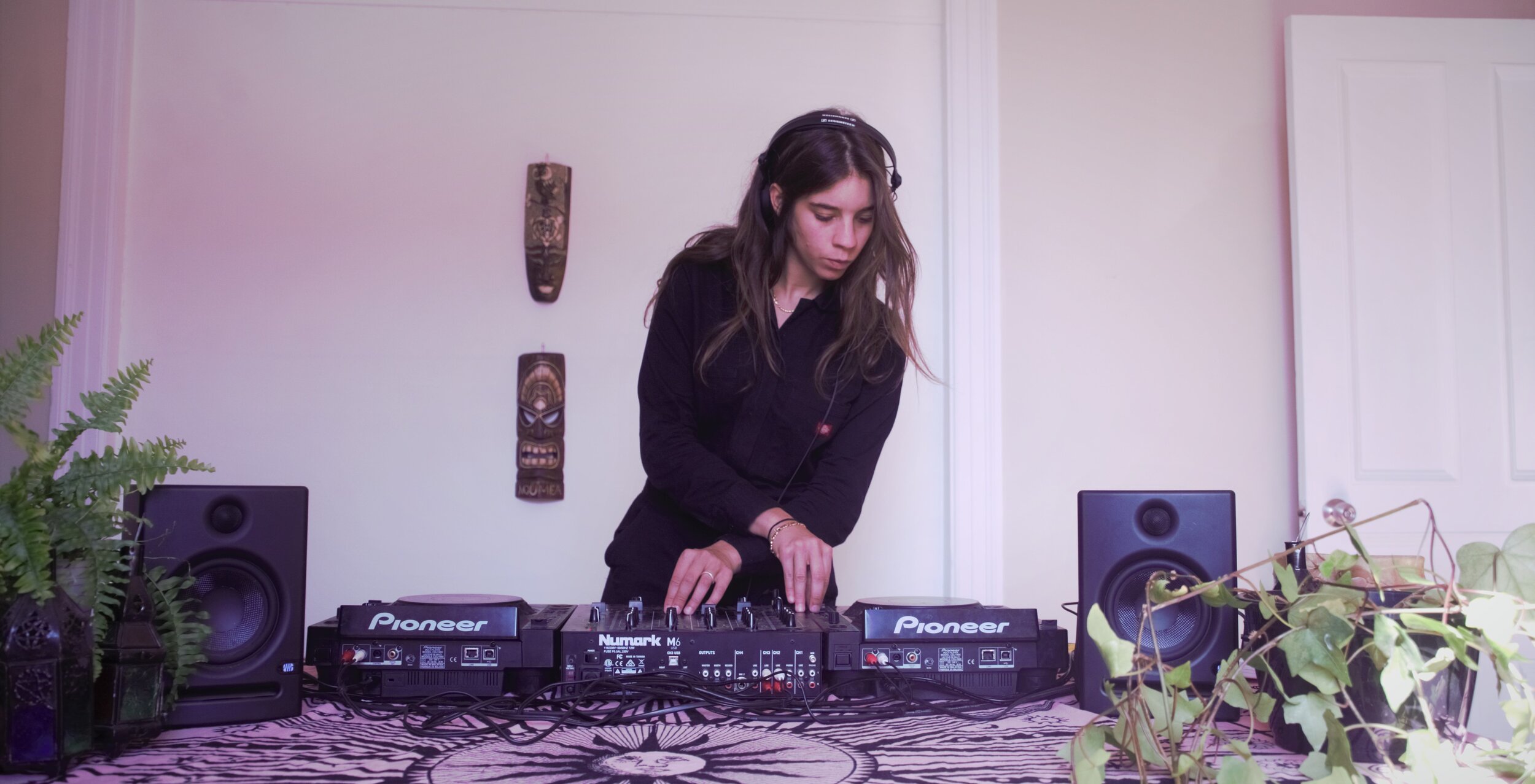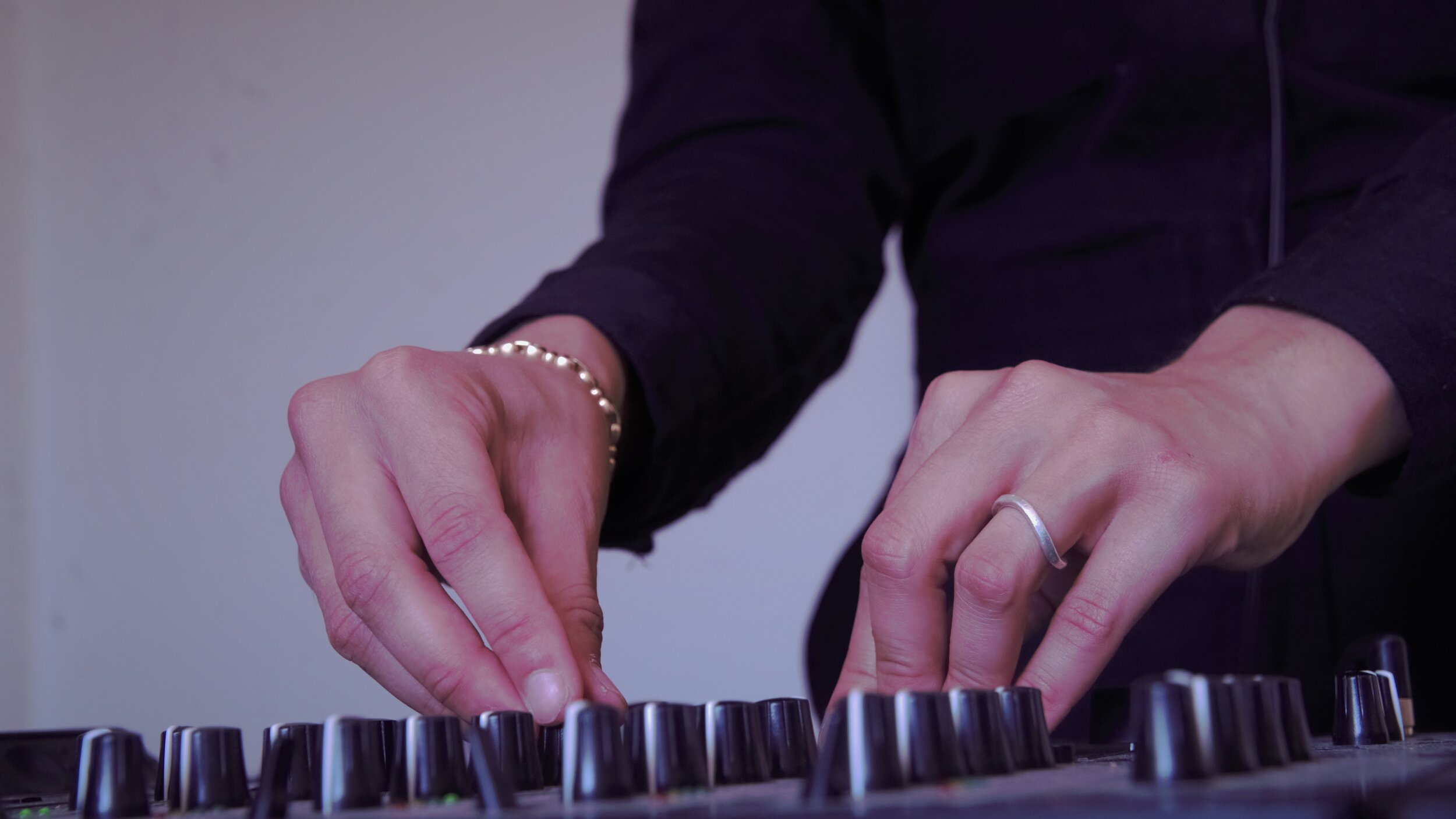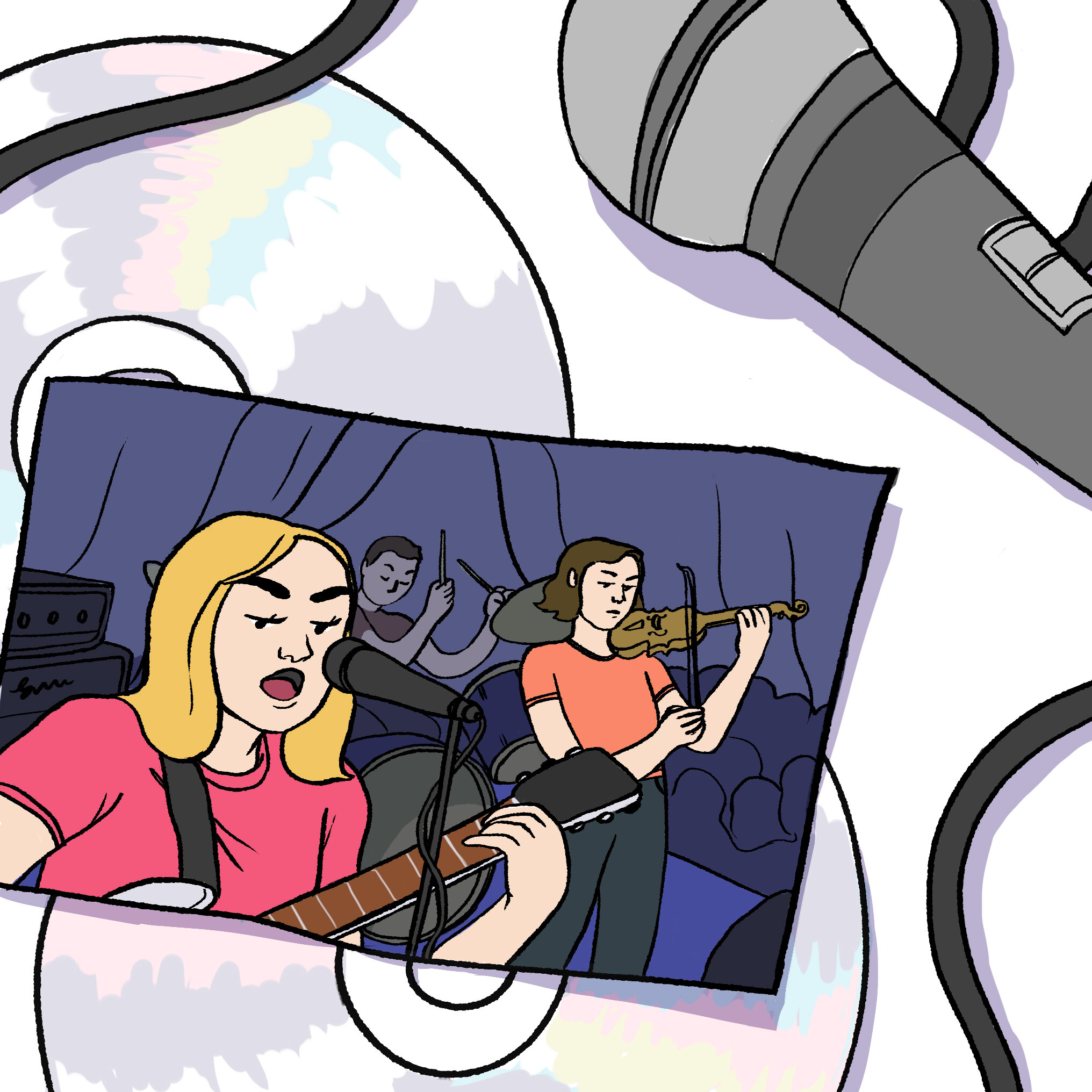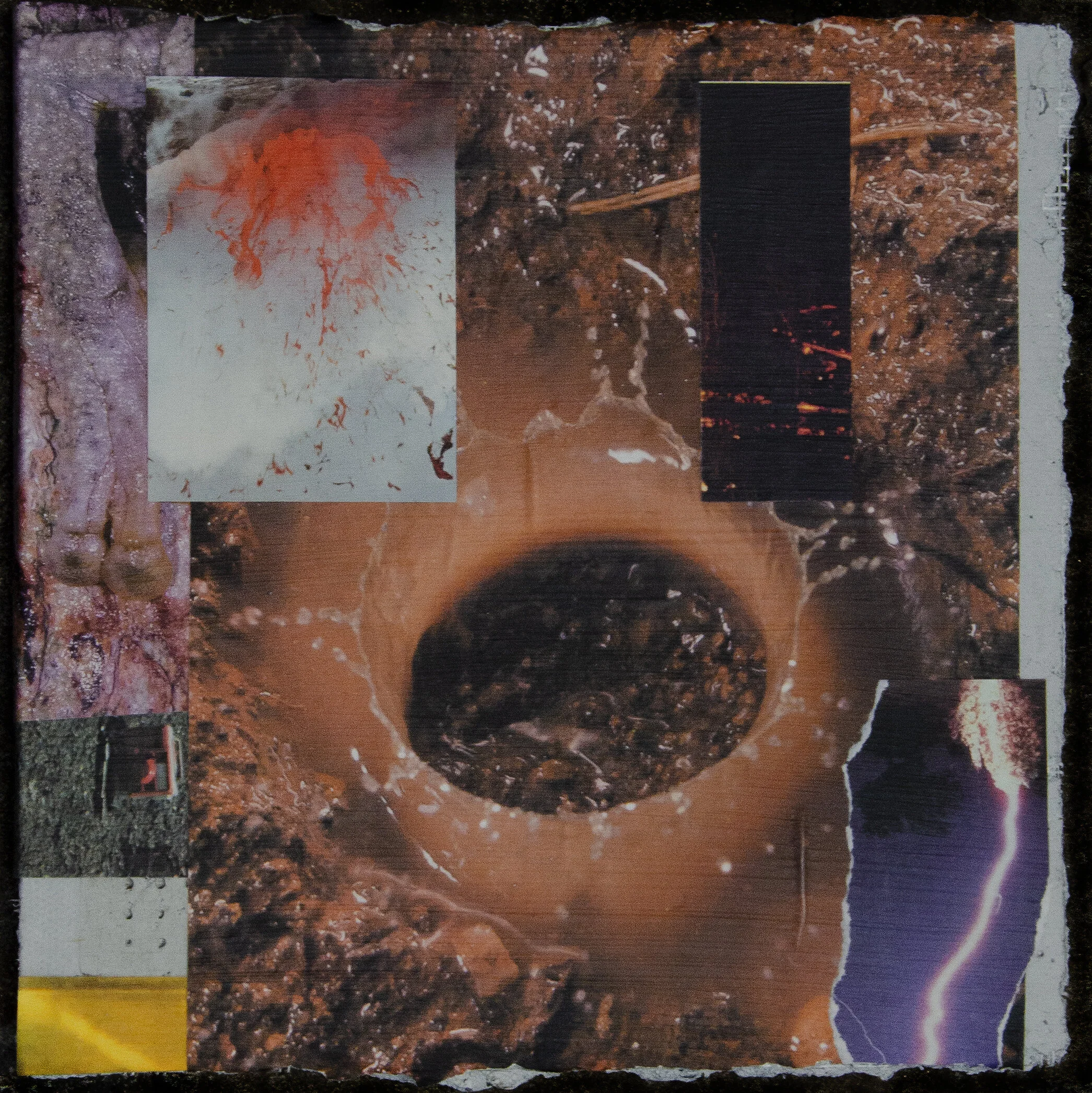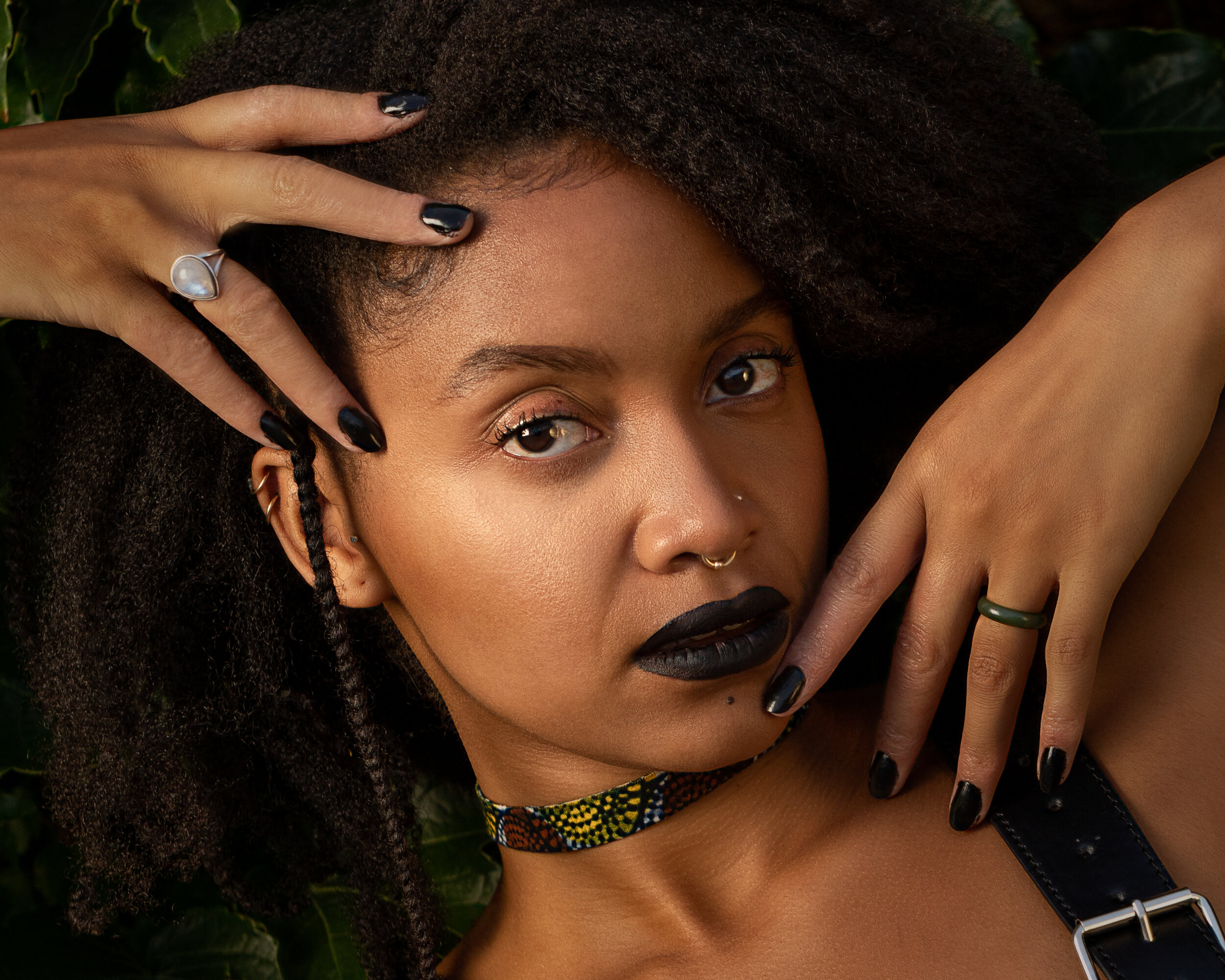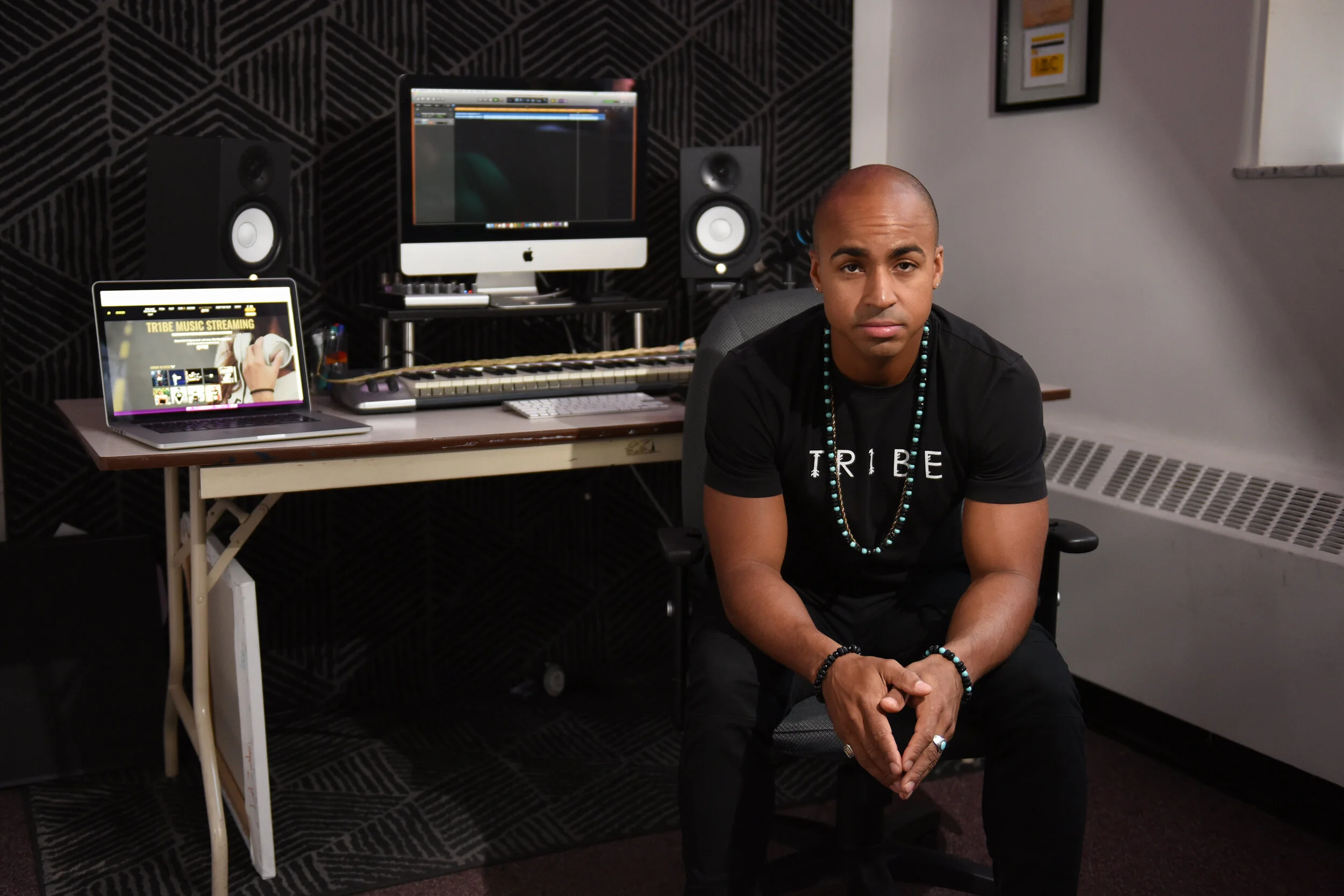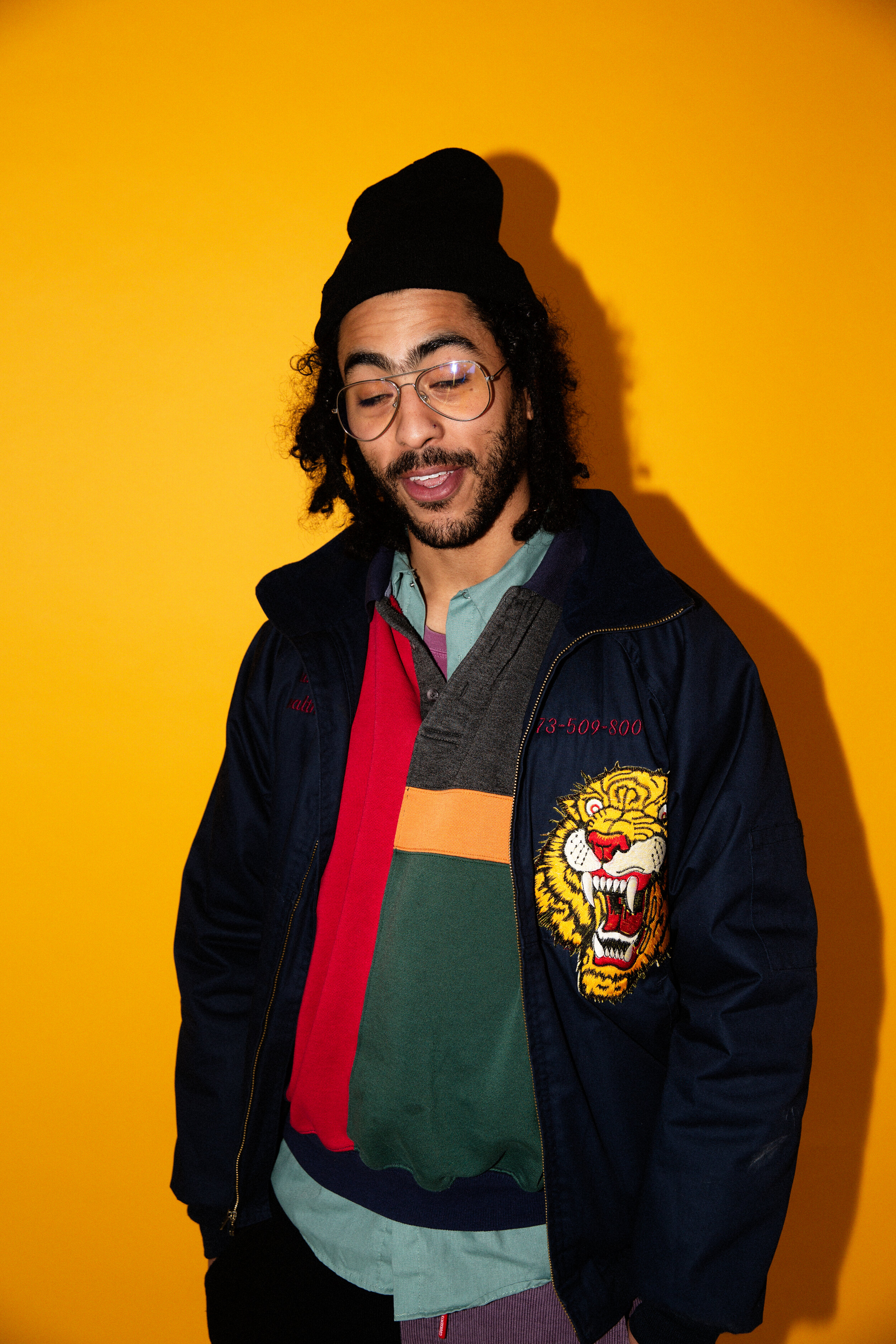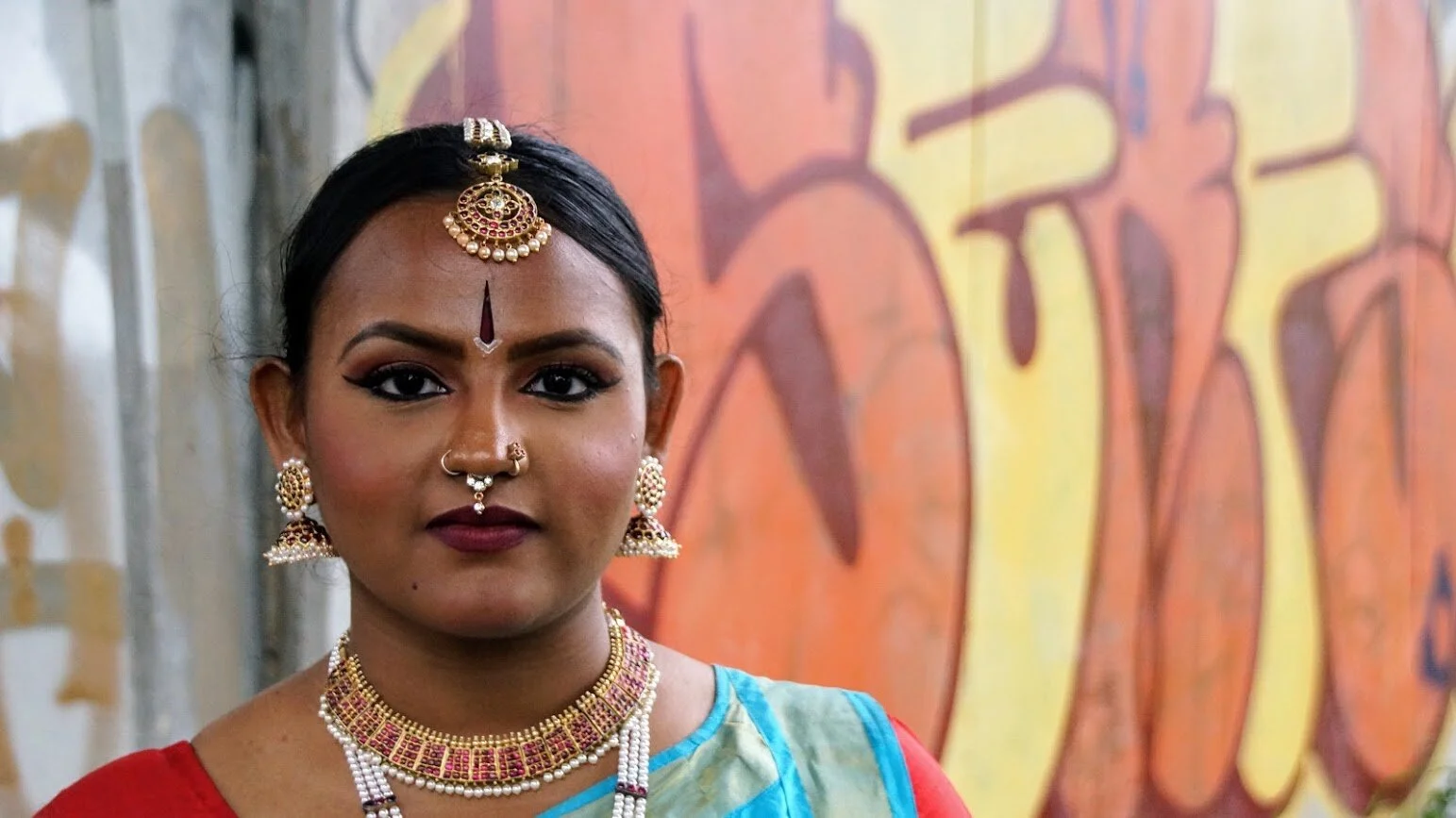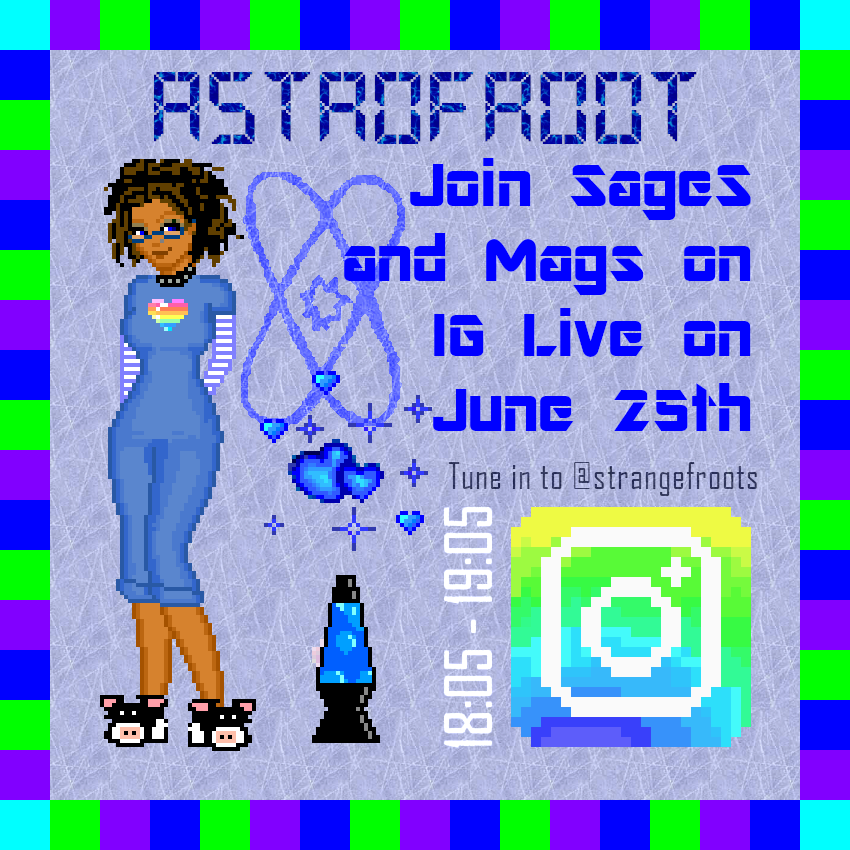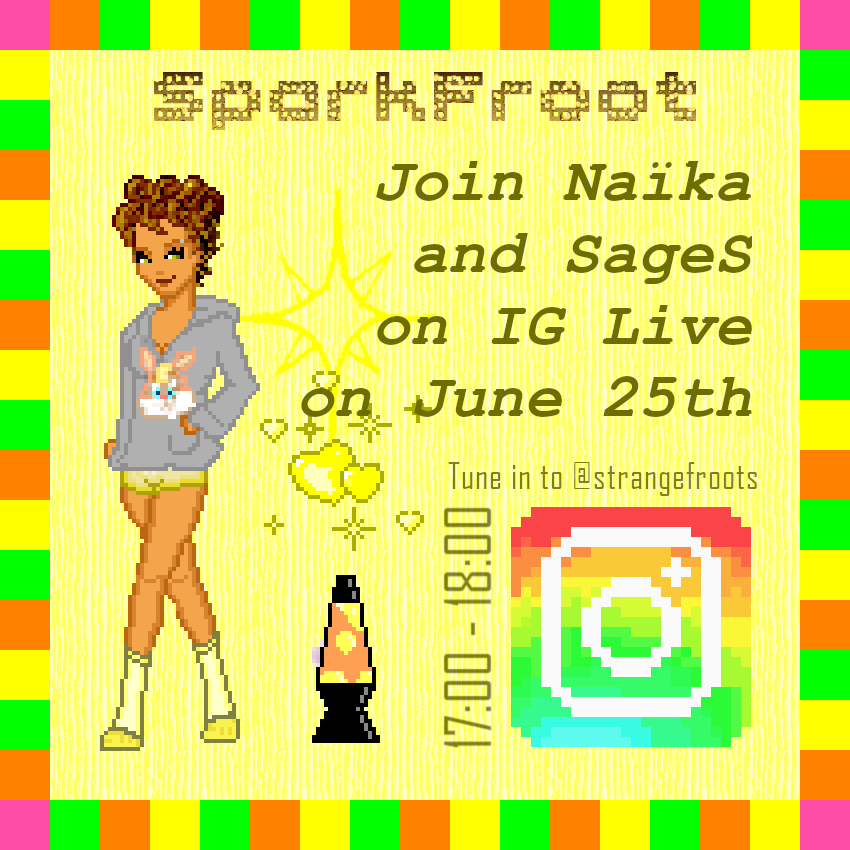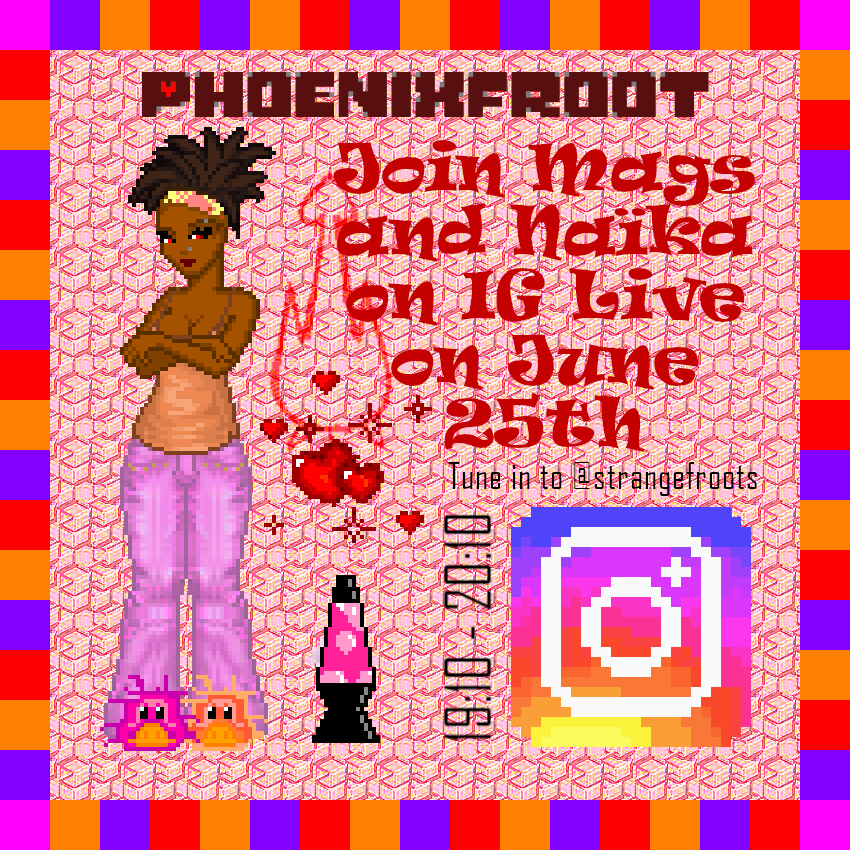Premiere: Róisin Marie Eats Her Heart Out in Her Video For "Like That"
Róisin Marie by Christopher Walsh
Meet Róisin Marie, a New York-based R&B newcomer who, at only 21 years old, has the voice and vision of a seasoned ballad composer. Today, Róisin shares her latest track “Like That,” with an accompanying video directed and edited by the artist herself. We had the chance to catch up with Róisin, and chat about how “Like That” transformed from a diary entry into a fully realized production that captures both the vulnerability of heartbreak and the allure of being alone. Read our interview with Róisin Marie below.
Zoë Argiropulos-Hunter for Also Cool: Hey Róisin! Thank you so much for chatting with me! To start things off, tell me about yourself and your musical background.
Róisin Marie: Hi! Thank you for having me. I am 21 years old, and from right outside New York City. Music has always been a huge part of my family, and growing up I was lucky enough to see many Broadway shows and concerts in the city. I was a theatre kid who loved to write poetry, and started writing my own music in college.
Also Cool: What is your creative process like as a musician? Do you take inspiration from any influences?
Róisin Marie: I work a 9-5 right now, so the biggest thing I am learning to work through is being able to clock back into music and find myself in my creative space after a long day at work. I have found that writing poetry, or journal entries as they come to me, and having a catalog of this to pull from, really helps me get my thoughts out when I do sit down to create. I am really inspired by the people I get to work with. They model consistency, accountability, and honesty. I think surrounding myself with them has made me both a better creative and a better human.
AC: Congratulations on the release of “Like That!” Can you tell me about the evolution of this track and what it was like collaborating with RocNation signee Anwar Sawyer on its production?
Róisin Marie: Thank you so much. This track really has evolved! It started as a ballad that Anwar sent me. I wrote to it, [and it became a] completely different song. Then like five months later, I was journaling about a relationship I wish I had explored with someone. I pulled up the ballad and started singing what I was writing until it felt right. It was my “idea of the day.” I played it when I got to Anwar’s studio […] And it was just a moment that we both felt. It all fell together after that. Anwar and I have been working with each other for about a year now. He is also my manager and best friend. Being able to create together is such a blessing.
Róisin Marie by Christopher Walsh
AC: “Like That” is being released with an accompanying music video, of which we’re super into. I’m curious to know: What inspired your artistic vision for the video, and how did the project come together to compliment the song’s narrative?
Róisin Marie: It is! I am so happy you like it. The artistic vision was inspired by an incredible artist, Lee Price. Her series “Women and Food” shows women in vulnerable and intimate moments with food as a crutch, as a drug, as nourishment, etc. This just felt right to me. The song is about a heartbreak that I didn’t even get to properly feel; I am mourning a “what if.” I wanted to show myself in this intimate setting binge eating my feelings. I also wanted to add in the sexual elements of licking and eating food off of my fingers to further the feeling of loneliness, but in a somewhat awkward and uncomfortable way.
AC: Branching off of that, how do you feel about working as an artist under the pressures of COVID-19 and quarantine, especially in NYC? How are you taking care of yourself and your craft?
Róisin Marie: Part of me feels sad, but part of me is also super grateful for the time it has given me to get to know myself better. I haven’t gotten to perform and I don’t know when I will -that makes me sad. But in the time that I wasn’t working, I had a taste of being an artist and musician full time, and that was really nice and motivating. I am taking care of myself by being patient, going outside, calling friends, sleeping, eating, and channeling my emotions into my art. I hold myself accountable to write every single day, and I set intentions that align with my vision for the future.
AC: Finally, we hear you’re working on your debut full-length project, which is super exciting! What has this process been like so far, and what can we expect in the coming months?
Róisin Marie: I am! It’s been a lot of digging. I have to be super honest and real with myself and with who I am creating with. This writing and creative process over the last six months or so has really required me to strip away a lot of things I thought were defining me. I have been coming into my own skin and I think this process is definitely reflected in my writing. I can’t wait to share and see what comes of all of it.
Roísin Marie by Anwar Sawyer
Watch Róisin Marie’s video for “Like That” below
Credits
Director: Róisin Marie
Producer: Anwar Sawyer
Director of Photography: Andrew Greene
Editor: Róisin Marie
Colourist: Kevin Ratigan
Keep up with Róisin Marie
Instagram | Spotify | Apple Music
Photography by Christopher Walsh










































